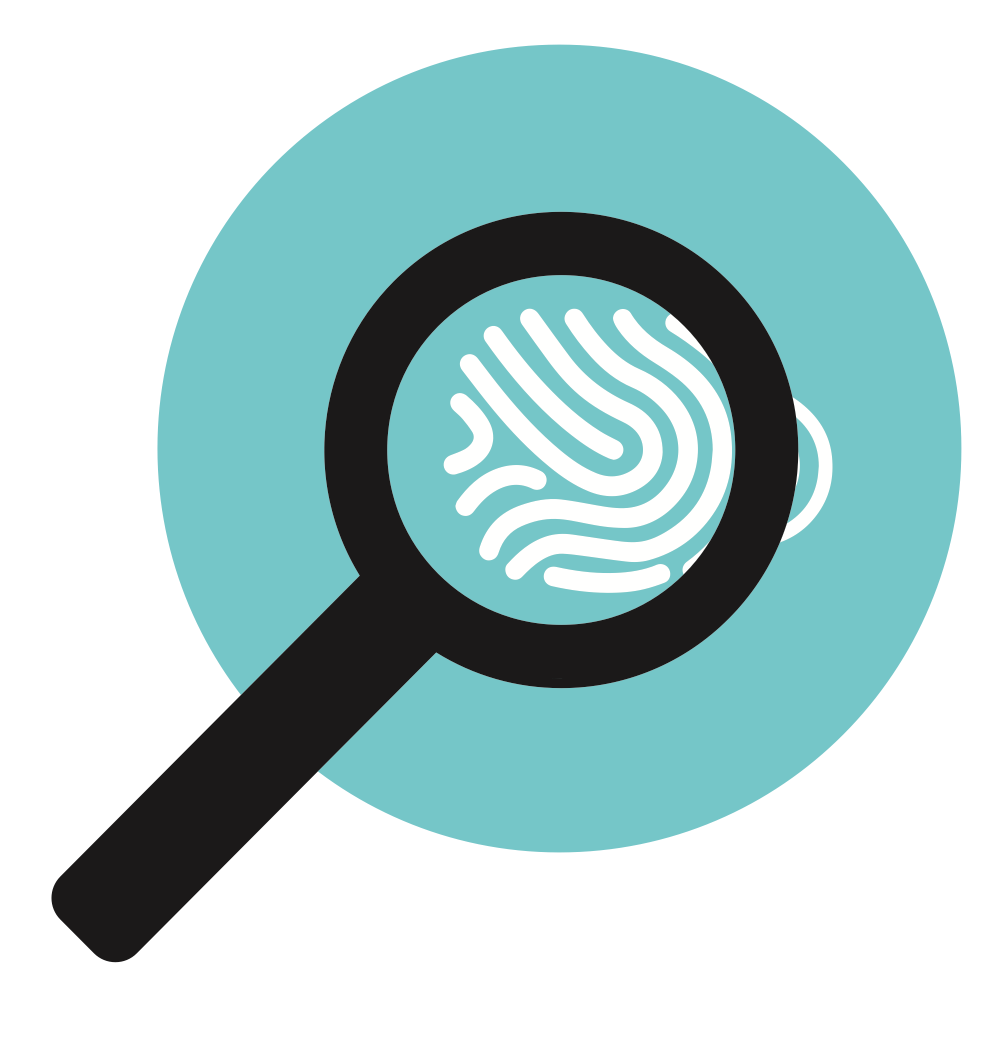Specifications
Previous / Next
Starting Up Your Own Self Detective Agency
Part 1 - SD Specifications

To start up your own self detective agency it might be an idea to take a look at some of the desirable qualities for the job.
Below is an A-to-Z list of some of the attributes of an effective SD (in no particular order). We do not expect you to start with all of them, nor do we expect you to use them all. If you can think of more features to add to the list, please do so…